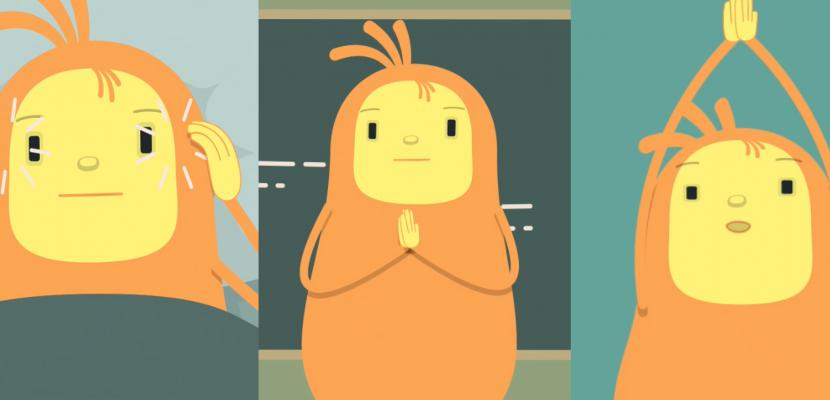
Image: worldwidestressrelief.org
A stress relief website has been launched to help people deal with the emotional impact of the pandemic and lockdowns.
The site worldwidestressrelief.org offers three simple and proven techniques to reduce stress, and the option to take part in a clinical study.
The techniques, demonstrated in animated videos, take just five minutes per session. They are deep-breathing; Havening, which involves stroking the shoulders and palms; and tapping, in which two fingers are tapped on 14 points of the upper body.
Bond University Associate Professor of Psychology Peta Stapleton developed the website in conjunction with the Peaceful Heart Network which delivers ‘first aid’ to those experiencing stress and trauma in former warzones.
“Previous studies have shown that each of these techniques is effective in reducing stress,” Dr Stapleton said.
“Ultimately we hope the research component of the website will help us determine which of the three works best, but we’ve purposely made the participation in the research optional.
“If you want to do a five-day challenge with follow-up, we'll collect the data. But if people don't want to do that, that's okay as well.”
Dr Stapleton said the idea for the collaboration came about six months ago in response to the COVID-19 pandemic.
“We wanted to get the message out there that there are easy stress reduction techniques that even kids can try,” Dr Stapleton said.
“Being locked down at home, school back online, uni online, work online … it’s having a profound impact on mental health.
“Even body dissatisfaction appears to be increasing because people are looking at themselves in video meetings, which lends itself to the future development of eating disorders.”
Dr Stapleton said stress caused by lockdowns could potentially affect people long after restrictions were removed.
“Depression and loneliness are a problem and loneliness is being called the new smoking,” she said.
“The neuropeptides that get released with that long-lasting, dark, deep feeling of loneliness is actually affecting heart health and lowering people's immune systems.”
It is hoped the study can recruit more than 1000 participants over several years.